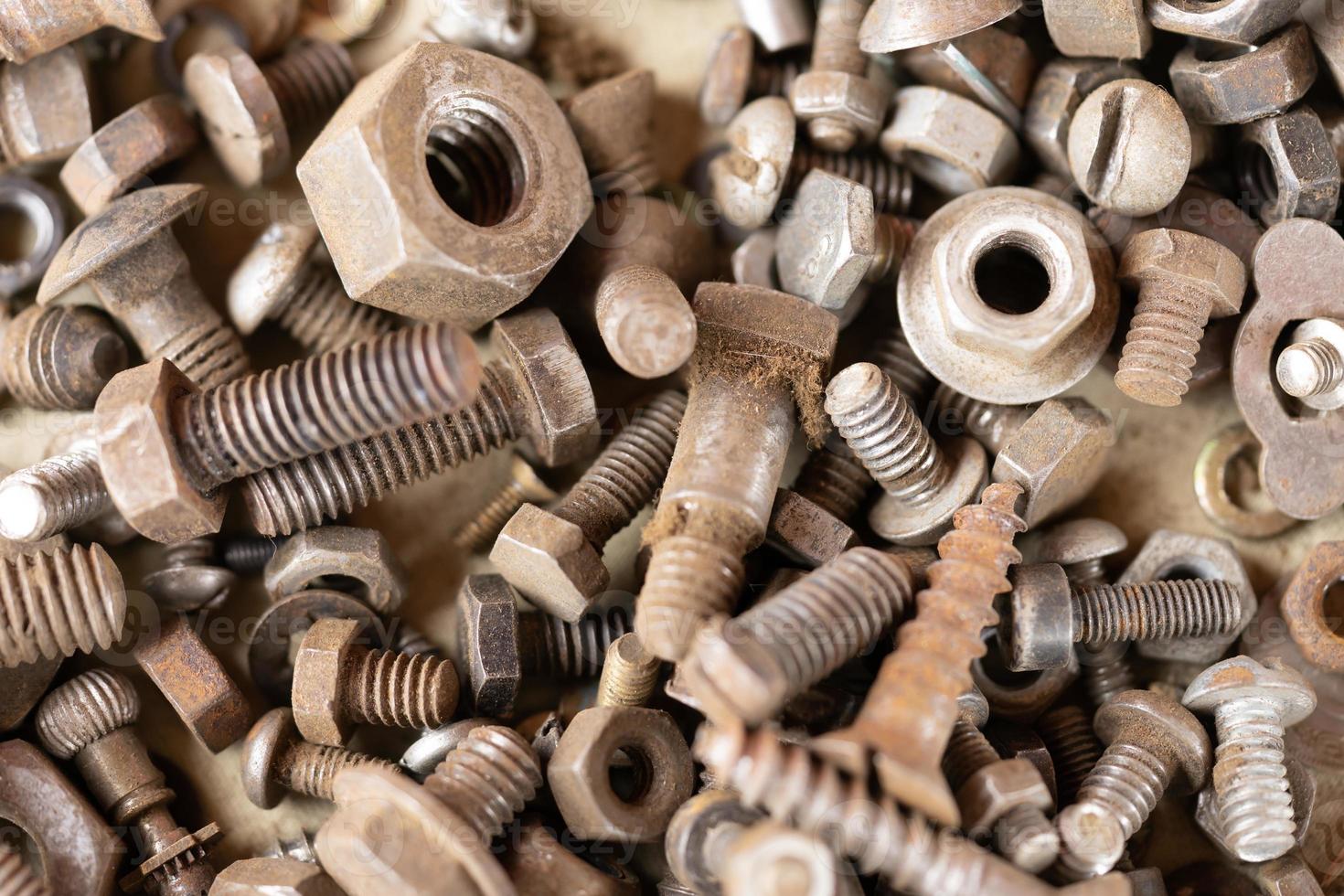Components and Essentials in Tech: The Concealed Connections

In the expansive world of technology and building, there are unrecognized champions that play an integral role in the operation and stability of numerous buildings and devices. Nuts and bolts, frequently ignored, are the basic components that hold everything together. Whether you're creating a modest piece of furniture or tackling a challenging engineering project, understanding the many types and functions of these fasteners is important.
This compendium will take you on a journey through the nuances of nuts and bolts, exploring not only their basic uses but also the specialized varieties available for different applications. You will gain knowledge into how to choose the right fasteners for your individual needs, from strong construction projects to delicate automotive repairs. With our detailed exploration, you'll learn about the materials used, the importance of coatings, and even the differences between machine bolts and structural bolts. Join us as we unveil the obscured connections that make all things from your home to advanced gadgets workable.
Types of Bolts and Nuts
When it comes to building, auto repairs, and do-it-yourself tasks, understanding the multiple kinds of bolts and bolts is important for selecting the suitable bolt for the job. Fasteners are generally six-sided in form and designed to fit onto fasteners, creating a strong connection. Common varieties of fasteners include standard hex nuts, lock nuts, and flange fasteners. Each type serves a distinct function, such as stopping unfastening under movement or providing a bigger contact area.

Bolts are available in various types, each intended for particular uses. The most frequently used bolts include hex bolts, carriage bolts, and lag bolts. Hex fasteners, having their flat heads, are frequently used in metal and wood uses, while carriage bolts, featuring a rounded head and square neck, are perfect for tasks requiring a even finish. Lag fasteners, noted by their rough threads, are perfect for heavy-duty wood joinery.
Besides the standard options, there are also specialty nuts and bolts that address to specific requirements. For instance, nylon lock nuts offer additional safety by preventing accidental loosening, while anchor bolts are vital in structural work, ensuring strength and strength. Grasping these differences facilitates for knowledgeable decisions when picking fasteners and fasteners that most meet your construction or renovation requirements.
Materials and Finishes
As you selecting bolts and bolts for a project, the material plays a crucial role in affecting the fasteners' strength, durability, and resistance to corrosion. Alloy is the most commonly used material due to its significant tensile strength and versatility. Nevertheless, for applications requiring weight reduction without compromising strength, options like titanium or aluminum can be assessed. Each material has its distinct properties; for instance, bronze is notably resistant to corrosion and commonly utilized in water systems, while inox is favored for outdoor applications due to its outstanding resistance to rust and severe weather elements.
Coatings are equally important as they enhance the properties of the fasteners, offering additional safeguards against rust and damage. Zinc plating is a well-known choice, providing a barrier against wetness and environmental factors. Galvanised coating, which involves a more robust coating of zinc, provides even greater protection and is best-suited for rugged outdoor applications. Other coating options include powder coating, which provides visual appeal but also provides significant resistance to wear and chemicals.
Understanding the various materials and coatings available can help you select the right fasteners for your particular needs. For instance, in marine environments where interaction to saltwater is common, opting for stainless steel or specially coated fasteners can prevent premature failure. Knowing the benefits and drawbacks of each material and coating will ensure that your endeavors are long-lasting, productive, and enduring.
Buyer Guides and Comparisons
As you choosing nuts and bolts for your task, it is crucial to grasp the various kinds and their applications. Novices should acquaint themselves with basic terminology and the functions of different types of fasteners. Tools such as a dictionary of fasteners can provide clarity on standard terminology and features. Furthermore, understanding the distinctions between metric and imperial fasteners will aid in choosing wisely for your unique specifications.
High-quality fasteners are necessary for the longevity and security of your tasks. While browsing, look for indicators of high quality, such as manufacturer certifications, specifications on materials, and markings on grades. Additionally, consider factors like resistance to corrosion and ratings of strength, which can affect the lifespan of the fixtures in indoor and outdoor settings. A strength comparison for bolts can aid in evaluating the fitness of multiple selections for robust applications.
In conclusion, proper measurement is vital in confirming the right fit for the nuts and bolts you use. Knowing how to determine these fasteners correctly will eliminate fitting problems later. Consider https://canvas.instructure.com/eportfolios/3548591/entries/13061996 as the pitch of the threads, dimension, and thickness to confirm you choose the correct components for your task. Following these guidelines and comparisons will simplify your purchasing process and improve your DIY projects or professional work.
